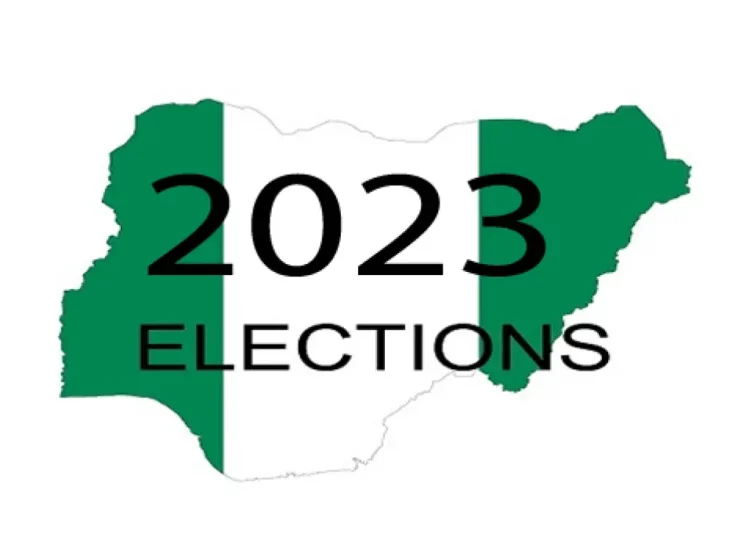This election cycle has been froth with lots of unsavoury experiences.
From toxic campaigns to religious and ethnic profiling and incidences that have cast doubts about the entire electoral process. Simply, the whole exercise has left so much to be desired.
Evidently, the desperate bid for power by the political class has left a bitter taste in the mouth of most Nigerians. The cases of voter suppression through violence, vote trading and outright killings in states would seem to have provided a clear profile of the quality of leaders as we go into the next political dispensation.
That people are still being killed in the course of elections 24 years after we re-started this democratic journey is a huge disgrace to the political class and other critical stakeholders.
The election management body, the Independent National Electoral Commission (INEC) and the security agencies also failed to live up to expectations..
For many watchers, it was a case of promising so much and delivering on little. Besides the complaint of failing to upload results as it promised, the sheer magnitude of logistics lapses under a commission led by a chairman Mahmoud Yakubu, who had presided over an election four years ago is abysmal.
Many had expected that the commission would leverage the wealth of the cognate experience of Yakubu; as such when he promised that this election would be the best ever, many were sold on it. Now they know better.
Of course, there are no perfect elections; not even older democracies can boast of that. But the minimum expected of INEC going into this election, especially as regards logistics, was not met.
With a huge budget, many did not expect late arrival of INEC staff and materials in most places, which led to late voting and voter frustration. Although the BVAS enjoyed a favourable functionality rate, it was shocking that voters had to supply ink for thumb printing in many areas.
While there are reports of alleged compromises by INEC officials, these might be subject to provision of clear evidence and investigation by relevant authorities, including an internal investigation by INEC. But one thing is clear; the trust ratio of the commission has been badly depleted. This much was partly blamed for the apathy during the state elections.
As for the Police, it was even worse. Reports of how personnel either stood by and watched thugs undermine the electoral process, or they aided and abetted desperate political actors to disrupt the voting process were recorded. In other areas, they were completely missing in action.
Although there were times when they lived up to expectation, such cases were far below pass mark.
The ugly antics of the political class has to a large extent set the country on a course for urgent reflection. The toxicity bordering on ethnic and religious politics has become an urgent issue of national importance.
The desperate resort to these fault lines by some politicians has to be taken into clear analysis. To be clear, the political elite, who themselves are not held by these issues, succeeded in mainstreaming them in the course of this election.
It is sad that the repeated appeals and warnings by this paper for politicians not to exploit these delicate issues were not heeded to.
While those who feel aggrieved would head to the Tribunal to seek redress, we hope that the judiciary would provide the needed succour.
It is absolutely unfair that the mess caused by the harmful indiscretions of the political class would now be brought before the judiciary along with the inordinate pressures.
Nonetheless, this season in our democratic journey is very critical and the role the judiciary would play cannot be overemphasised. Beyond providing justice and fairness, its interventions would serve as a soothing balm in these times of immense hurt and distrust.
But over all, this election cycle provides another opportunity to review some of the fundamentals in our political system. The need to have political parties and their candidates abide by codes of proper behaviour and respect for peace accords is key. Also state institutions must keep to their promises and serve the whole of the people and not a privileged few.





